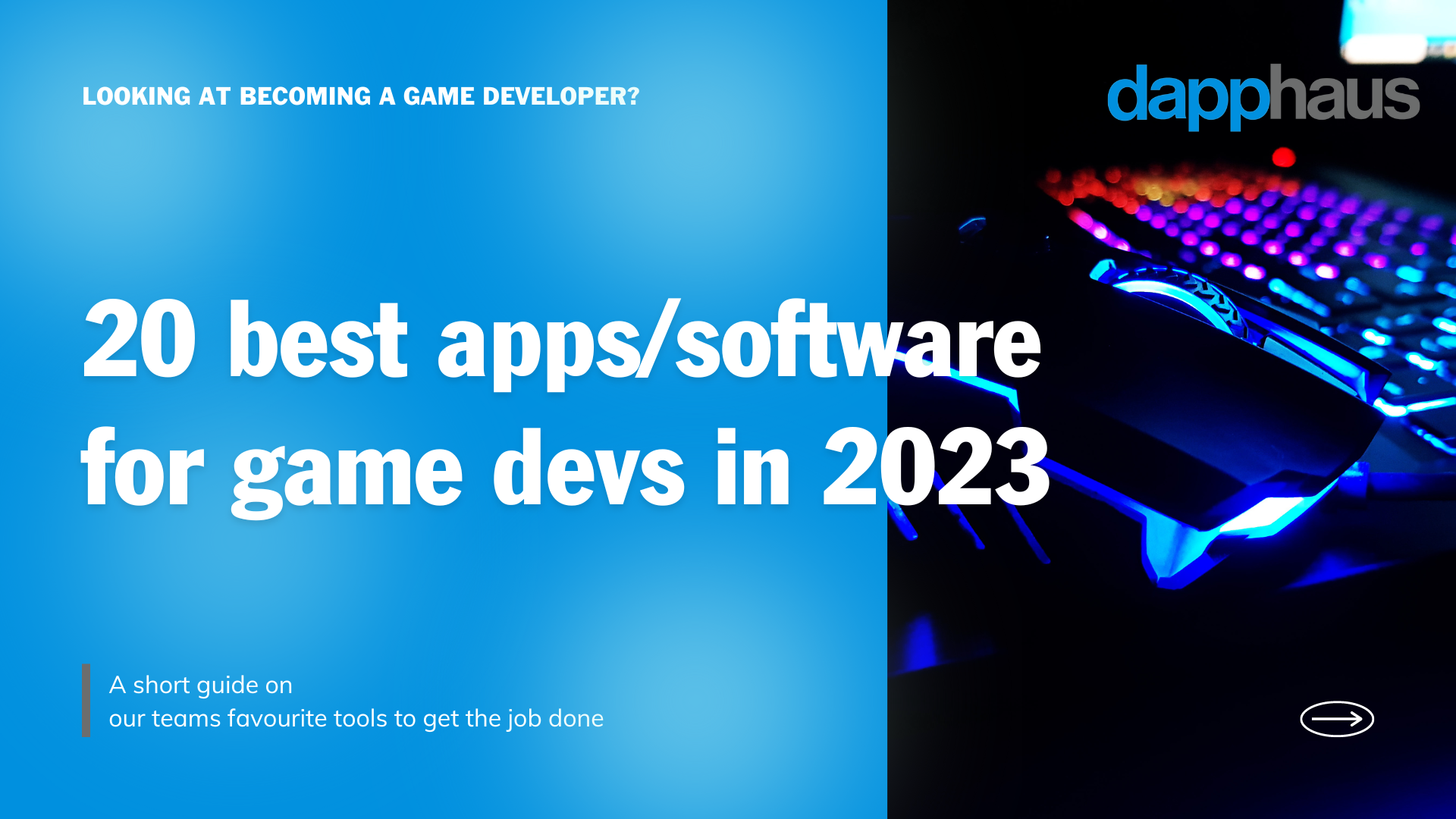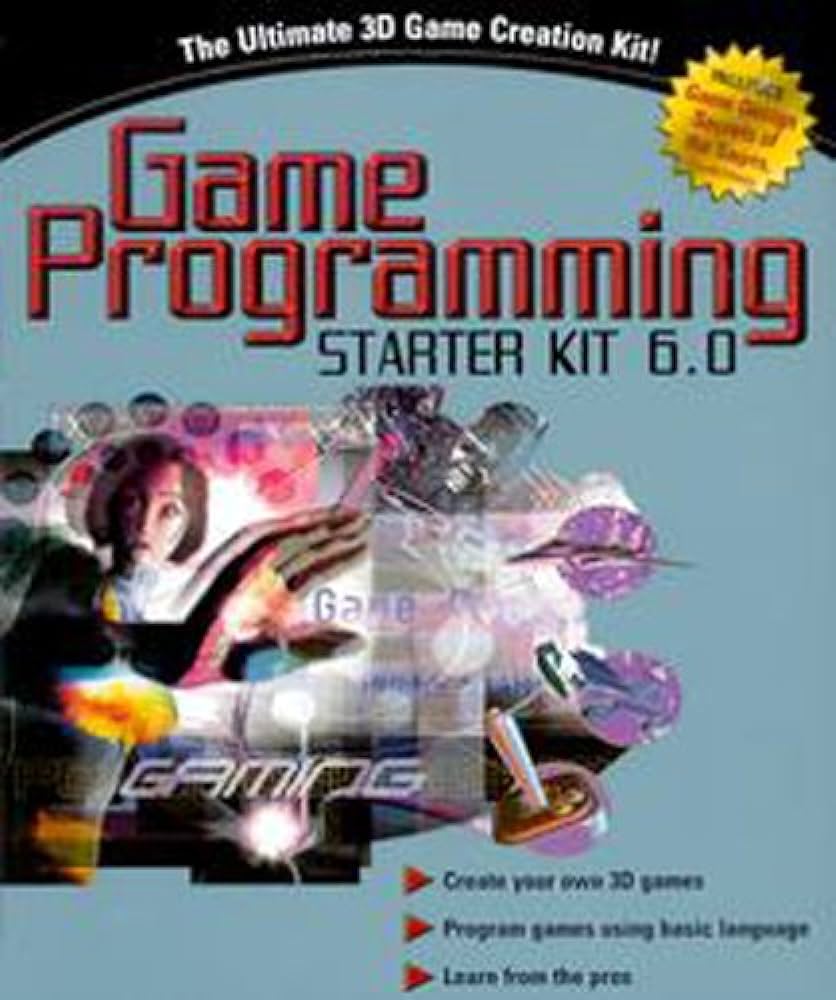Introduction
Are you interested in game development but don’t know where to start? Look no further! In this blog post, we will explore the essential tools and platforms that can help you kickstart your journey into the exciting world of game development. Whether you’re a beginner or have some programming experience, this guide will provide you with valuable insights and resources to get started on your game development adventure.
1. Game Engines
Game engines are software frameworks that provide developers with the necessary tools and features to create games. Some popular game engines include:
1.1 Unity
Unity is one of the most widely used game engines, known for its user-friendly interface and powerful capabilities. It supports multiple platforms, including PC, mobile, and consoles, making it a versatile choice for game development.
1.2 Unreal Engine
Unreal Engine is another popular game engine that offers a wide range of features and tools. It provides a visual scripting system called Blueprints, which allows beginners to create games without extensive coding knowledge.
2. Programming Languages
Choosing the right programming language is crucial for game development. Here are some languages commonly used in the industry:
2.1 C#
C# is the primary programming language used in Unity. It is a versatile language that offers a balance between performance and ease of use. Learning C# will enable you to create gameplay mechanics, implement AI, and handle game logic.
2.2 C++
C++ is a powerful language often used in Unreal Engine. It provides low-level control and high performance, making it suitable for complex game systems and graphics programming.
3. Integrated Development Environments (IDEs)

An IDE is a software application that provides comprehensive tools for writing, debugging, and compiling code. Here are some popular IDEs for game development:
3.1 Visual Studio
Visual Studio is a widely used IDE that supports multiple programming languages, including C# and C++. It offers advanced debugging features and code analysis tools, making it a favorite among game developers.
Summary
Game development is a fascinating field that combines creativity, problem-solving, and technical skills. With the right tools and platforms, you can bring your game ideas to life and share them with the world. This blog post will cover the following key aspects:
- Choosing a game engine: We will discuss popular game engines like Unity and Unreal Engine, highlighting their features and suitability for different types of games.
- Programming languages: We will explore programming languages commonly used in game development, such as C# and C++, and their advantages in different scenarios.
- Asset creation: Creating captivating visuals and audio is crucial for a successful game. We will explore tools for creating 2D and 3D assets, as well as sound effects and music.
- Platforms and distribution: Once your game is ready, you’ll want to share it with others. We will discuss various platforms for publishing your game, including PC, consoles, and mobile devices.
- Learning resources: To help you further enhance your game development skills, we will provide a list of recommended tutorials, online courses, and communities where you can connect with fellow developers.
By the end of this blog post, you will have a solid understandin webpage g of the tools and platforms available to you as a beginner in game development. So, let’s dive in and embark on this exciting journey together!
- Q: What are some popular game development tools?
- A: Some popular game development tools include Unity, Unreal Engine, GameMaker Studio, and Godot.
- Q: Which programming languages are commonly used in game development?
- A: Commonly used programming languages in game development are C#, C++, and JavaScript.
- Q: What platforms can I develop games for?
- A: You can develop games for platforms such as PC, consoles (Xbox, PlayStation), mobile devices (iOS, Android), and web browsers.
- Q: Are there any free game development tools available?
- A: Yes, there are free game development tools available, such as Unity (with a free version), Godot, and GameMaker Studio (with a free trial).
- Q: Do I need to have programming knowledge to develop games?
- A: While programming knowledge can be helpful, there are also visual scripting options available in some game development tools that allow you to create games without extensive programming knowledge.
- Q: Can I develop games as a solo developer?
- A: Yes, many indie game developers create games as solo developers. However, larger projects often require a team with different skill sets.
- Q: Are there any online resources or tutorials available for beginners?
- A: Yes, there are plenty of online resources and tutorials available for beginners, including video tutorials, documentation, forums, and communities dedicated to game development.
- Q: How long does it take to develop a game?
- A: The time it takes to develop a game can vary greatly depending on the complexity of the game and the experience of the developer. It can range from a few weeks for simple games to several years for more complex projects.
- Q: Can I monetize my games?
- A: Yes, you can monetize your games through various methods such as selling the game, in-app purchases, advertisements, or crowdfunding.
- Q: Is game development a viable career option?
- A: Yes

Welcome to my website! My name is Levi McBryde, and I am a dedicated professional Hardware Upgrade Technician with a passion for Network Solutions, Hardware Upgrades, Augmented Reality, and Game Development. With years of experience in the field, I am committed to providing top-notch services and solutions to meet your technological needs.

